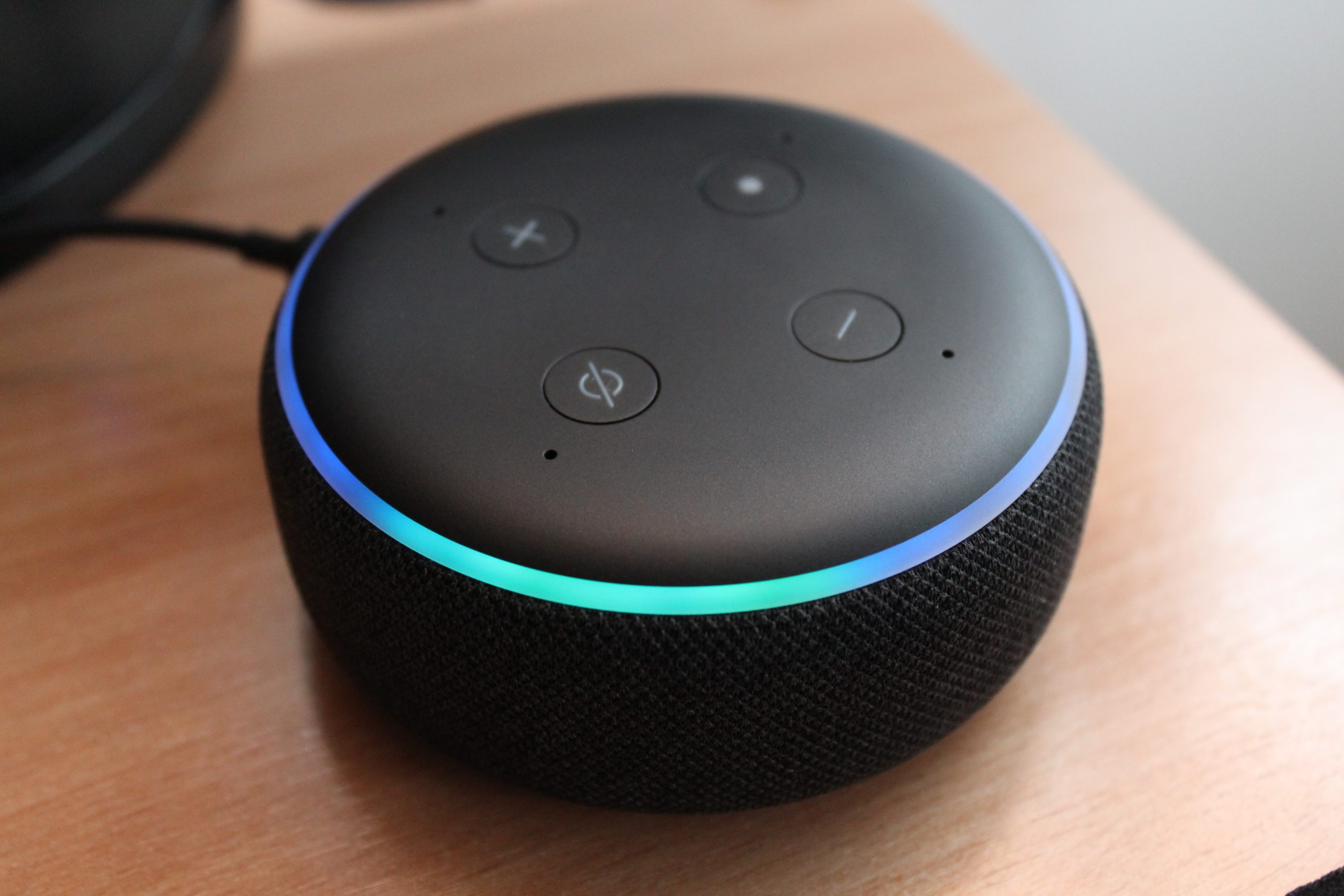Germany opens investigation into Chinese mobile phones
2 min read

In September, Germany’s Federal Information Security Office (BSI) opened an investigation into cell phones made in China. The investigation began days after the Lithuanian Ministry of Defense released a report saying it had found an inactive monitoring setting that could be activated remotely on models from the Chinese manufacturer Xiaomi sold in Europe.
According to the study, Xiaomi system apps regularly download an updated configuration file from a server located in Singapore. This archive contains a list consisting of addresses, names and other information of various religious and political groups and social movements – by the end of the report, 449 records had been identified in the archive.
Also according to the Lithuanian Ministry of Defense, from this list, the Xiaomi device will be able to analyze and monitor the content written by the user: when certain terms match the keywords in the list, the device will block that content.
Among the terms likely to be censored are “Free Tibet,” “Long live Taiwan independence,” and “The 89th Movement,” referring to protests violently suppressed by the Chinese dictatorship in 1989, in the episode known as the Tiananmen Square massacre.
The Lithuanian Ministry of Defense also analyzed mobile phones from two other Chinese companies, Huawei and OnePlus, and reported that phones from these brands and Xiaomi showed ten signs of increased cybersecurity risks, such as leakage of personal data. The Lithuanian government has recommended residents of Lithuania and other countries to avoid buying cell phones made by Chinese brands and to get rid of them if they already have them.
The release of the report comes at a time of strained relations between Lithuania and China: in August, the communist dictatorship recalled its ambassador in Vilnius to return to the country, after the Lithuanians established representation on Taiwan, an island since 1949. administered separately from mainland China, but considered by Beijing An extension to be reintegrated someday.
A BSI spokesman confirmed the start of the investigation in Germany to the DPA news agency, but gave no further details.
In a statement, Xiaomi argued that its devices do not censor user communications. “Xiaomi has never restricted or prohibited any personal behavior of our smartphone users, such as conducting searches, calling, surfing the Internet, or using third-party communication software. Xiaomi fully respects and protects the legal rights of all users,” the company stated.
A report by consultancy Strategy Analytics, released in August, showed that Xiaomi became the leader in smartphone sales in Europe, with 12.7 million devices sold on the continent in the second quarter of 2021, overtaking longtime leader Samsung. Among the countries where Xiaomi has had the greatest demand are Russia, Ukraine, Spain and Italy.

“Musicaholic. Thinker. Extreme travel trailblazer. Communicator. Total creator. Twitter enthusiast.”







